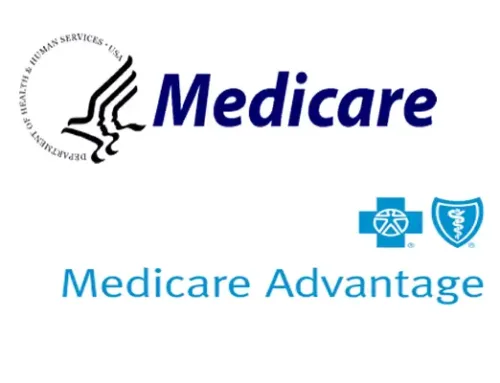Here are some frequently asked questions about physician advisors:
- What is a physician advisor? A physician advisor is a medical professional, often a physician, who provides guidance and expertise on clinical and administrative matters within a healthcare organization. They typically work closely with hospital administration, medical staff, and other healthcare professionals to improve patient care, ensure compliance with regulations, and optimize resource utilization.
- What are the responsibilities of a physician advisor? The responsibilities of a physician advisor can vary depending on the organization, but they often include reviewing medical records for accuracy and compliance, providing clinical guidance on complex cases, assisting with utilization review and discharge planning, conducting medical necessity reviews for procedures and treatments, and educating staff on clinical documentation improvement.
- How does a physician become a physician advisor? Typically, a physician advisor is an experienced clinician who has a deep understanding of healthcare delivery systems, regulations, and reimbursement processes. Many physician advisors have backgrounds in fields such as internal medicine, family medicine, or hospital medicine. Some may pursue additional training or certification in healthcare management or medical quality improvement to better prepare for the role.
- What is the importance of physician advisors in healthcare organizations? Physician advisors play a crucial role in ensuring that healthcare organizations deliver high-quality care while managing costs and maintaining compliance with regulatory requirements. Their expertise helps optimize resource utilization, improve clinical documentation, reduce denials and appeals, and enhance overall patient outcomes.
- How do physician advisors work with other healthcare professionals? Physician advisors collaborate with a wide range of healthcare professionals, including physicians, nurses, case managers, coders, administrators, and quality improvement specialists. They may provide direct clinical guidance, participate in interdisciplinary meetings and committees, offer education and training sessions, and serve as a resource for addressing complex patient care issues.
- What challenges do physician advisors face in their role? Physician advisors may face challenges such as navigating complex regulatory requirements, balancing clinical and administrative responsibilities, addressing conflicts of interest, and promoting changes in clinical practice or documentation habits among their peers. Additionally, they may encounter resistance to change or skepticism about the value of their role from some stakeholders.
- How do healthcare organizations benefit from having physician advisors? Healthcare organizations benefit from having physician advisors by improving clinical documentation accuracy, reducing denials and appeals, optimizing reimbursement, enhancing care coordination and resource utilization, ensuring compliance with regulations, and fostering a culture of continuous quality improvement.
- What are some trends in physician advisor roles and responsibilities? Some emerging trends in physician advisor roles include a greater focus on population health management, value-based care initiatives, telemedicine and virtual care, data analytics and predictive modeling, and interdisciplinary collaboration to address social determinants of health and disparities in healthcare access and outcomes.





